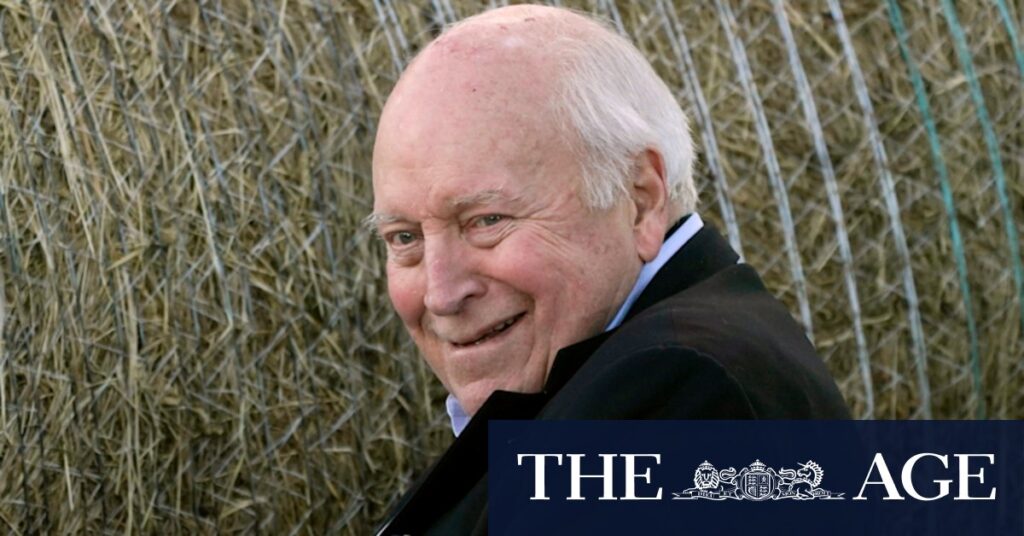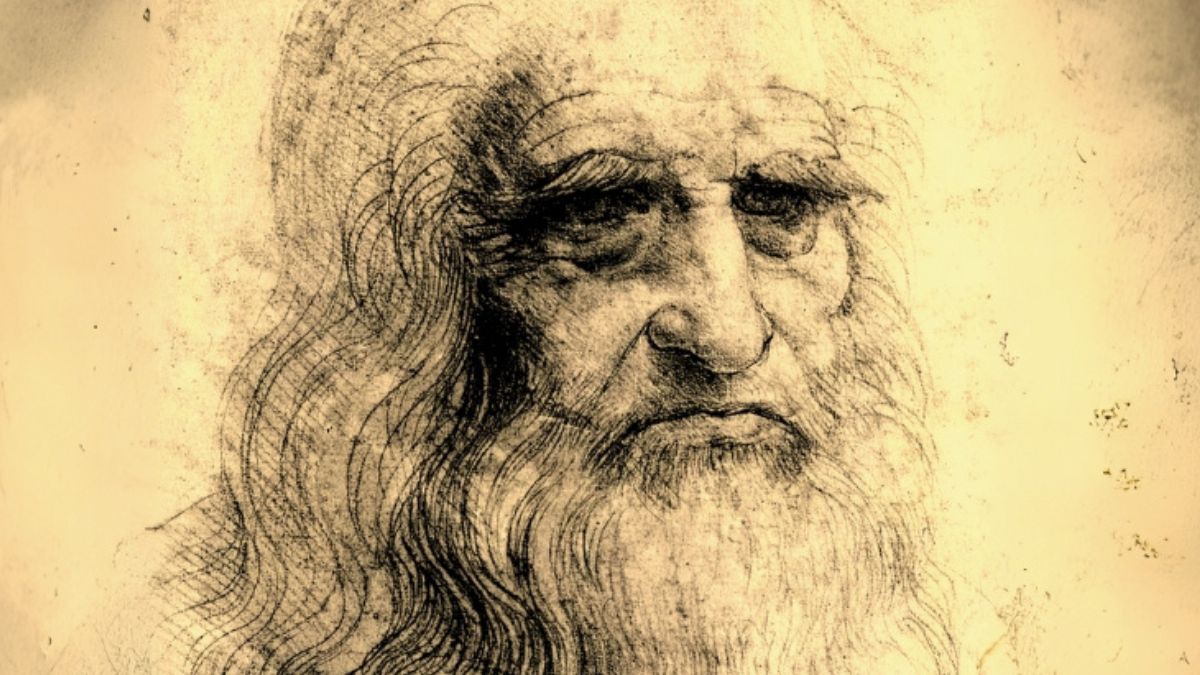
Washington: Dick Cheney, the influential and polarizing figure who served as one of the most powerful vice presidents in U.S. history, passed away at the age of 84. Cheney died on Monday night due to complications from pneumonia and cardiac and vascular disease, according to a statement from his family.
Cheney’s legacy is marked by his tenure as Vice President under George W. Bush, during which he was a staunch advocate for the invasion of Iraq. His family described him as a “great and good man” who instilled values of courage, honor, and love in his children and grandchildren. “We are grateful beyond measure for all Dick Cheney did for our country,” the statement read.
From Wyoming to the White House
Cheney’s political journey began in Wyoming, where he served as a Congressman before taking on roles as White House Chief of Staff and Secretary of Defense. He was instrumental in leading the armed forces during the Persian Gulf War under President George H.W. Bush. His return to public life as Vice President under Bush’s son, George W. Bush, marked a significant chapter in his career.
During his vice presidency, Cheney was often seen as the chief operating officer of the Bush administration, wielding considerable influence over key decisions. Despite battling heart disease for decades, Cheney was known for his unwavering commitment to his role, even undergoing a heart transplant post-administration.
A Polarizing Figure in American Politics
Cheney’s tenure was defined by his support for extraordinary measures in the wake of the September 11, 2001 terrorist attacks, including surveillance and detention practices. His staunch defense of these policies made him a divisive figure, with critics labeling him as a Machiavellian presence within the administration.
Years after leaving office, Cheney became a vocal critic of President Donald Trump, particularly after his daughter, Liz Cheney, emerged as a leading Republican critic of Trump’s actions following his election defeat. In a television ad for his daughter, Cheney stated,
“In our nation’s 246-year history, there has never been an individual who was a greater threat to our republic than Donald Trump.”
Legacy and Influence
Cheney’s influence extended beyond his vice presidency, as he played a crucial role in shaping U.S. foreign policy, particularly regarding Iraq. Despite being proven wrong on several points during the Iraq War, Cheney maintained his conviction that his actions were justified. His steadfastness earned him both admiration and criticism.
His penchant for secrecy and behind-the-scenes maneuvering often drew scrutiny, particularly during incidents such as the accidental shooting of a hunting companion in 2006. Despite these controversies, Cheney’s impact on American politics remains significant.
Personal Life and Final Years
Cheney was born in Lincoln, Nebraska, and grew up in Casper, Wyoming. He attended Yale University briefly before returning to Wyoming, where he married his high school sweetheart, Lynne Anne Vincent. Together, they had two daughters, Liz and Mary.
In his later years, Cheney retired to Jackson Hole, Wyoming, where he remained active in supporting his daughter’s political career. His passing marks the end of a significant era in American politics, leaving behind a complex legacy that continues to influence the nation.
As the nation reflects on Cheney’s contributions and controversies, his impact on U.S. policy and political discourse will be remembered for years to come.







